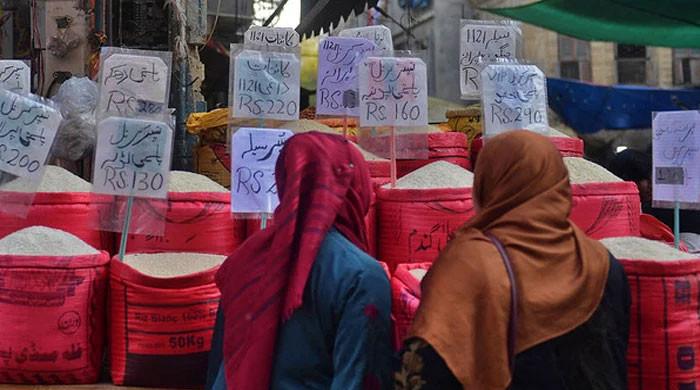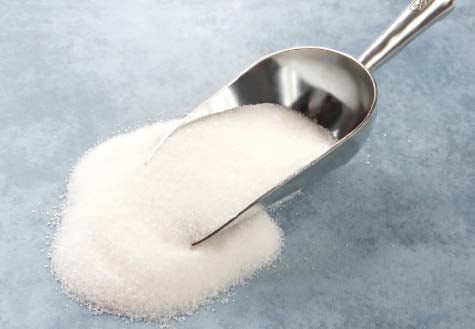ISLAMABAD:
The receivables of Pakistan State Oil (PSO) have swelled to an all-time high at Rs489 billion as the company’s several clients failed to pay their bills for fuel supplies, say industry players.
Though the company has posted the highest-ever after-tax profit of Rs29.1 billion for financial year 2020-21, its financial health is deteriorating because of the continuous circular debt build-up.
PSO’s receivables had been Rs362 billion in August last year, which rose and touched Rs489.5 billion on March 20, 2022, they say.
Earlier, the government paid billions of rupees to the independent power producers (IPPs), who then made payments to reduce the dues of PSO. As a result, the outstanding receivables of PSO decreased to Rs243 billion. But later, they started rising again.
PSO mainly supplies oil to different clients across the country and besides this area, circular debt has also emerged in the supply of imported liquefied natural gas (LNG).
Of the total receivables, PSO has to receive Rs167.8 billion from the power sector on account of oil supply for electricity generation.
Generation companies are the major defaulters which have to pay Rs141 billion. Hubco owes Rs21.7 billion whereas Kapco has to pay Rs5.16 billion.
In the area of LNG, PSO has entered into another agreement with Qatar Petroleum under a government-to-government arrangement for the supply of an additional three million tons for a period of 10 years.
This contract is in addition to the already executed 15-year sale-purchase agreement, making PSO the largest LNG supplier in the country with a supply base of 6.75 million tons per annum.
PSO brings LNG cargoes for onward supply to Sui Northern Gas Pipelines Limited (SNGPL), which then distributes the gas among end-consumers.
SNGPL has to pay Rs268.2 billion to PSO on account of LNG supplies. This is a new addition to the circular debt across the oil and gas chain.
Parliament has passed a bill for introducing a weighted average cost of gas, which is the average price of imported LNG and locally produced natural gas, to curtail circular debt in the gas sector.
The average cost may help bail out SNGPL, which is in financial trouble due to the lack of payments by the domestic consumers.
Earlier, there was no legal framework for recovering LNG prices from the domestic consumers, leading to the pile-up of receivables.
As SNGPL could not recover LNG cost from the domestic consumers, its finances are not enough for making onward payment to PSO.
Pakistan International Airlines (PIA) is another major defaulter. PSO supplies jet fuel to the airline for running its operations. PIA has to pay Rs22.48 billion to PSO.
The state-run oil marketing company is also due to receive Rs8.93 billion from the government on account of price differential claims.
On the other hand, PSO has to pay Rs33.6 billion to oil refineries on account of fuel supply. It owes Rs18.3 billion to Pak-Arab Refinery Company, Rs7.02 billion to Pakistan Refinery Limited, Rs2.08 billion to National Refinery Limited, Rs5.14 billion to Attock Refinery Limited and Rs1.04 billion to Enar.
However, PSO’s financial results have demonstrated its strength across a diverse portfolio despite the challenging economic scenario and recurrent waves of the pandemic.
Published in The Express Tribune, March 22nd, 2022.
Like Business on Facebook, follow @TribuneBiz on Twitter to stay informed and join in the conversation.







Leave a Reply